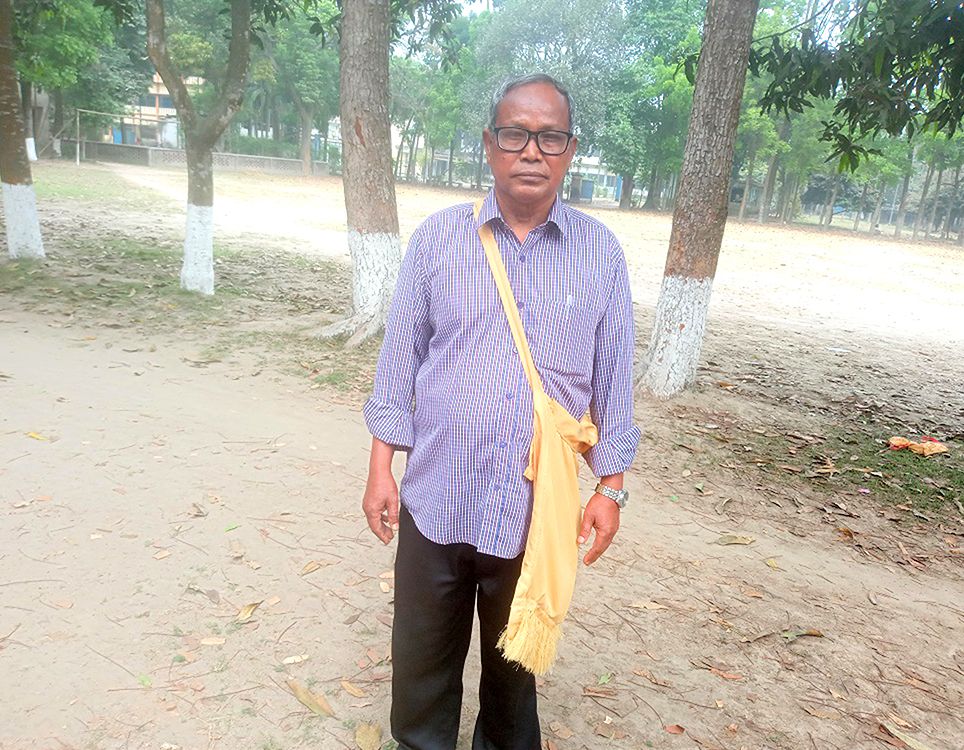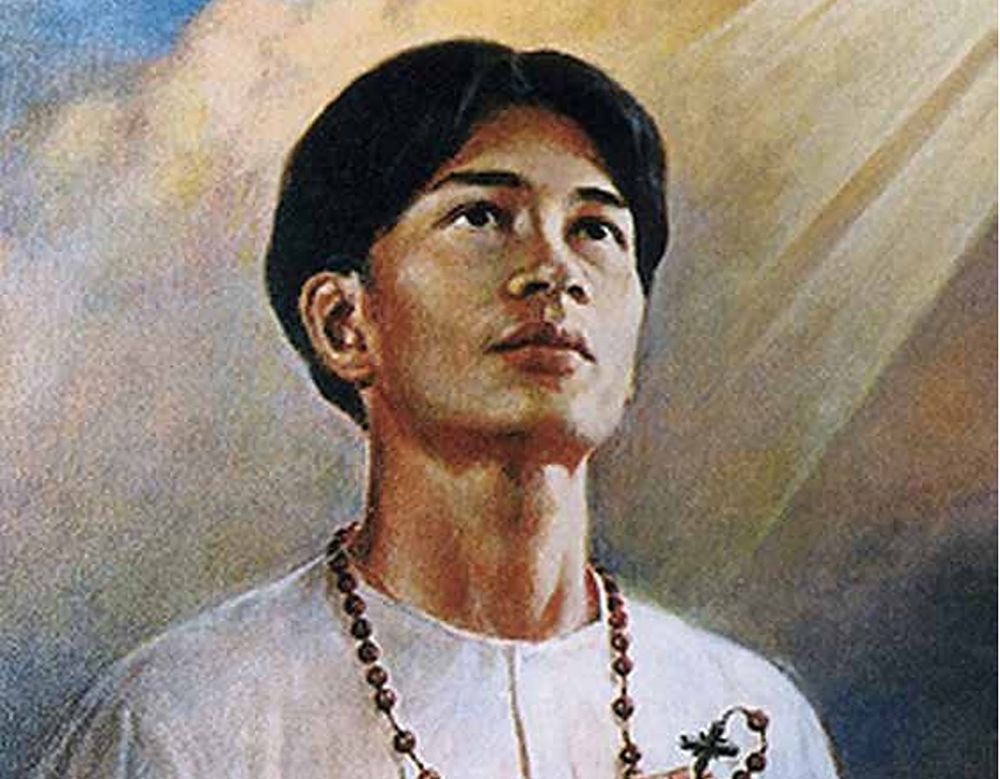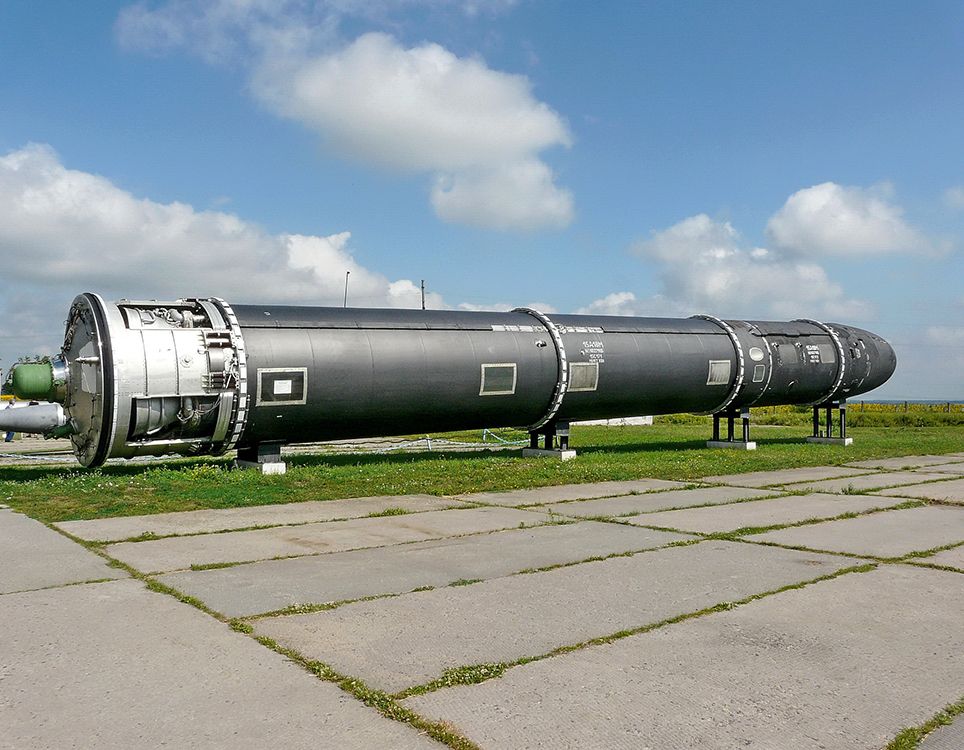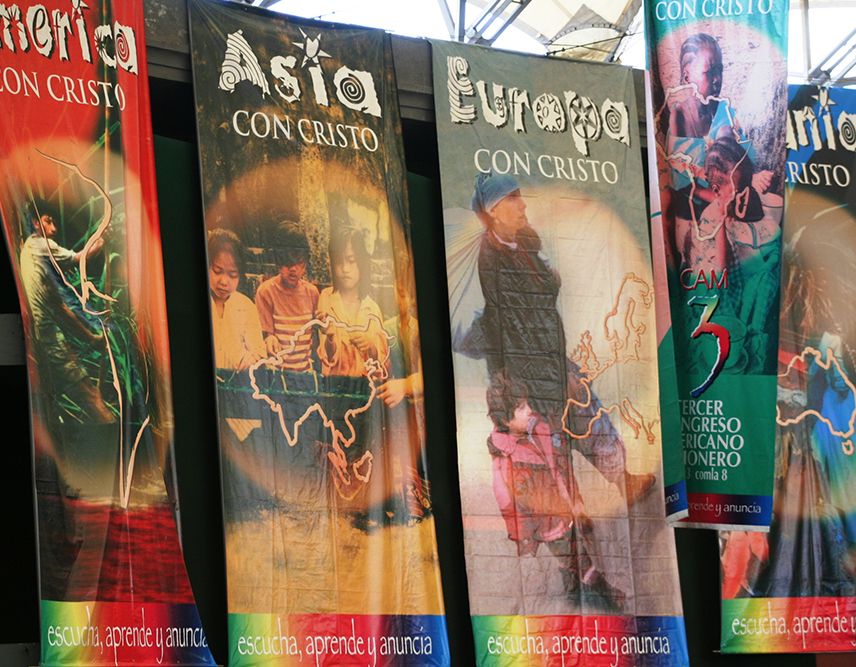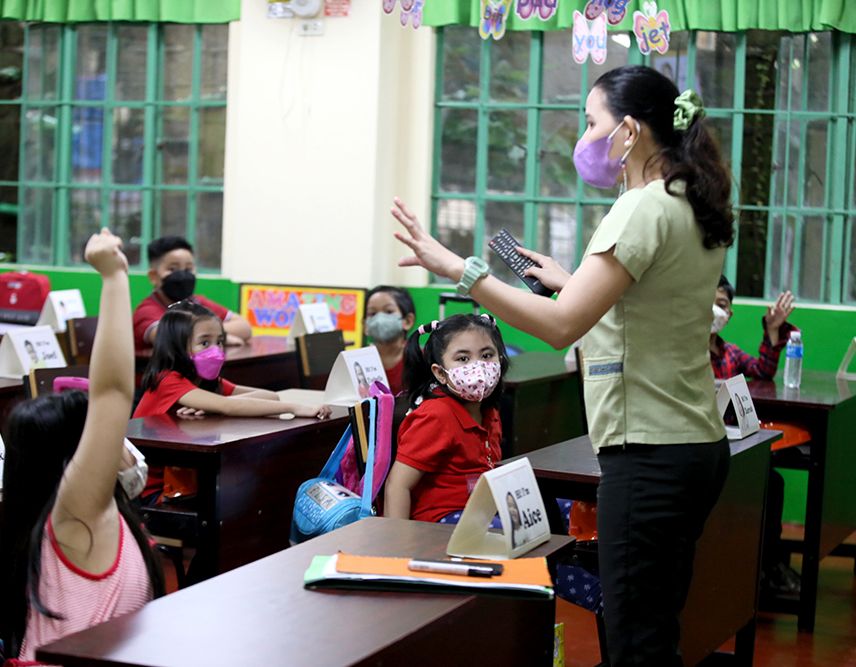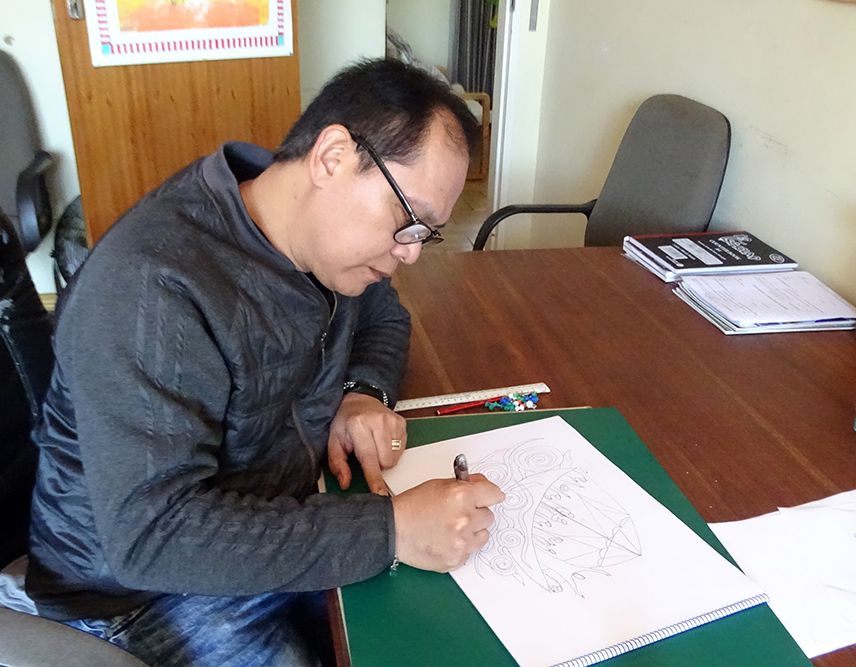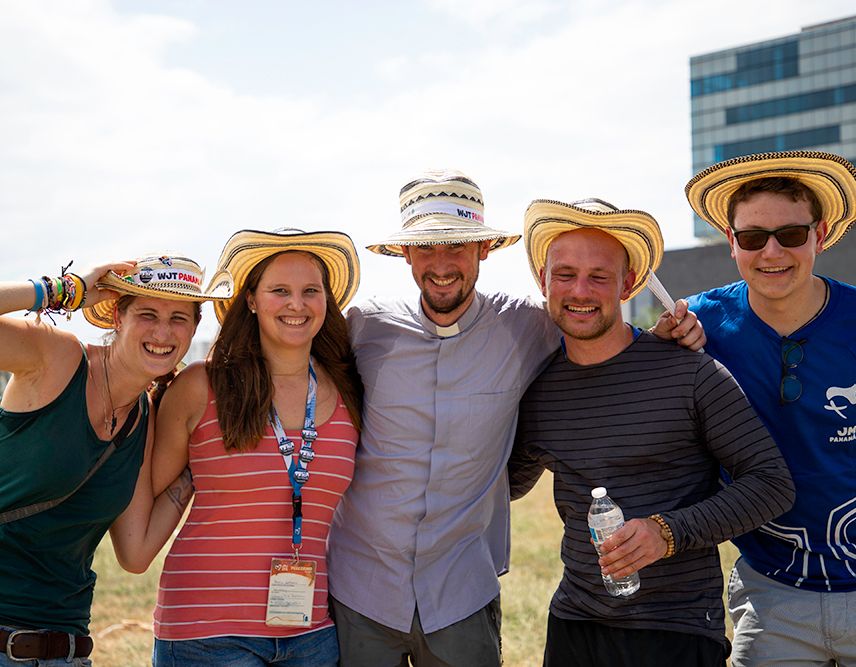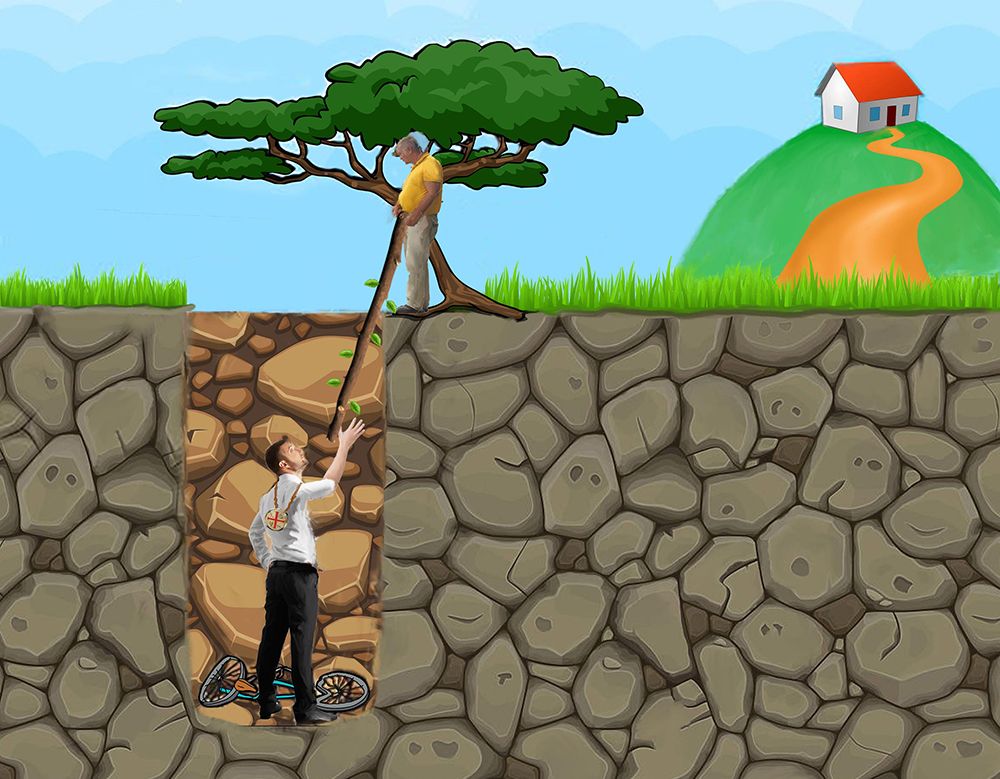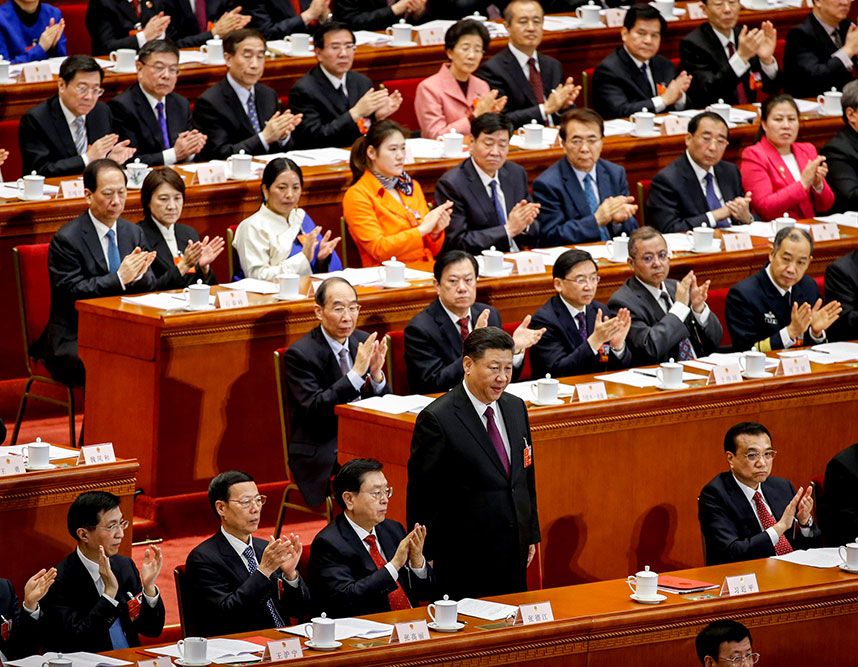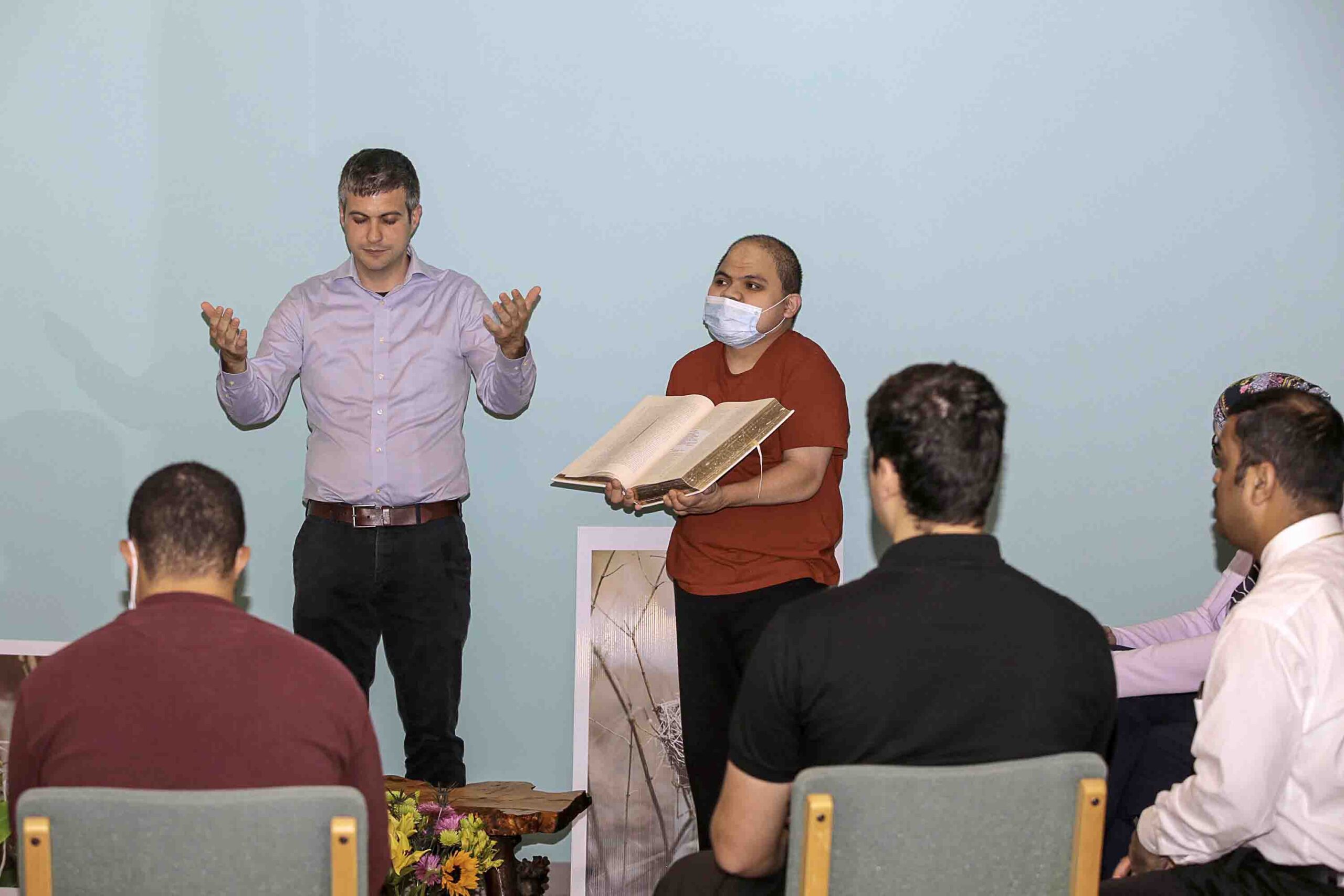“Vocation does not come from a voice out there calling me to be something I am not. It comes from a voice in here calling me to be the person I was born to be, to fulfill the original selfhood given me at birth by God.” – Thomas Merton
Christian Living or CL has always been the favorite school subject of Carlos Ma. Francisco Estrella. Coming from a middle-class family, Carlos and his younger brother were raised by devout Catholic parents who brought them up in the faith. After finishing elementary and high school in the Salesian-run Don Bosco Technical Institute of Makati, he entered the Don Bosco Pre-novitiate Seminary in Canlubang to discern whether the priesthood was God’s will for him.
After five years as an aspirant and pre-novice in the seminary, he realized that he was not yet prepared to live the life of a religious and that he needed to continue his journey of discernment elsewhere.
Vocation And Mission
As part of the Salesian seminary’s apostolate on catechesis, he taught CL to public high school students. With his seminary education deepening his knowledge about God and the Catholic faith, he felt more determined to apply this knowledge in life and pass it on to others through catechism. Leaving the seminary to experience more of the world, Carlos was drawn to teaching.
“I really enjoy teaching, it defines me. More than a job, teaching is a vocation, a mission,” says the 30-year-old Carlos who currently teaches CL to grades 5, 6 and 8 students of the Immaculate Heart of Mary College-Parañaque (IHMCP).
He followed his passion for teaching and enrolled in Don Bosco College, Canlubang, where he graduated with a Bachelor of Secondary Education degree, majoring in English. He passed the Licensure Examination for Teachers (LET) in 2013. After working as a call center agent for a year, he was hired by IHMCP as a CL teacher for grades 5 and 6 students.
“Aside from giving me the opportunity to make a difference in the lives of others, teaching enables me to interact with people from different walks of life–my students, my co-teachers, and the nuns in IHMCP. I share my life with them as they share their lives with me,” says Carlos.
Coming from Catholic schools and a seminary whose apostolate is catechesis, the young religious educator thought he was adequately prepared to serve as a CL teacher. But after his first year of teaching at IHMCP, he realized that he still had a lot to learn about the faith. “There were basic questions from my students that I found difficult to answer,” Carlos admits.
Wanting to learn more about the faith, Carlos took up classes in Master in Religious Studies, Major in Youth Ministry at the Don Bosco School of Theology (formerly Don Bosco Center of Studies) where he is currently on hiatus. “Through these classes, my knowledge deepened about different aspects of our faith such as the sacraments and morality. Interacting with my teachers and classmates, as well as hearing Mass and praying daily, also helped make me a better CL teacher.”
His journey of discernment, however, has not been without tribulations. In 2019, Carlos left teaching and returned to the corporate world as a call center agent. “I consider those two years working as a call center agent as my purification years and the darkest period in my life. My decision to leave teaching was a big mistake. I was depressed and knew that being at a call center was not for me.”
The mistake led Carlos to clarity. “I realized what I really wanted to do in life: to learn more about the faith and pass this knowledge on to my students. I felt at peace when I returned to teaching CL in IHMCP.”
Support
The 21st century is known as the Information Age of which access to and the control of information is the defining characteristic. Unfortunately, it also ushered in the rise of misinformation and disinformation.
“Some people try to discredit our faith. This challenged me to know more about our faith so that I could defend it,” says Carlos.
He admits that teaching was easier before the COVID-19 pandemic when face-to-face classes were still allowed. With the shift to online learning, he had to find ways to make his virtual CL classes both substantive and interesting. Fortunately, there are a lot of technological tools available to help him prepare his lessons.
“In my online classes, I incorporate educational videos posted on Catholic websites and the latest online information about the faith. Of course, I have to be careful in checking the accuracy and reliability of my online references,” he explains.
Carlos and his co-teachers are thankful for the continuing improvement of the country’s COVID-19 situation. “After more than two years, we were able to join our students face-to-face for their First Communion in March and Confirmation in April this year.”
They are also grateful for the support of their school and parish church. “IHMCP gave us the opportunity to attend teaching seminars and be actively involved in preparing our students to receive First Communion and Confirmation. The Mary Help of Christians Parish provided the venue for these religious activities, while the Salesian priests conducted the recollection for the parents and heard the confession of our students.”
Lay Cooperation
Catechesis comes from the Greek word meaning “to echo the teaching.” It is an interactive process in which the Word of God resounds between and among the catechist, the catechized, and the Holy Spirit, according to an article in the Catholic News Agency (CNA).
Quoting Matthew 28:18-20, CNA pointed out that Jesus empowered the Church to continue His mission when He said, “Full authority has been given to me both in heaven and on earth; go, therefore and make disciples of all the nations. Baptize them in the name of the Father, and of the Son, and of the Holy Spirit. Teach them to carry out everything I have commanded you. And know that I am with you always, until the end of time.”
On May 11, 2021, Pope Francis established the lay ministry of the catechist in the Catholic Church. In the apostolic letter Antiquum Ministerium (“Ancient Ministry”), Francis explained that the establishment of this lay ministry recognizes “those lay men and women who feel called by virtue of their baptism to cooperate in the work of catechesis in support of the mission of the bishop who is the primary catechist in his diocese.”
The decree paves the way for many of the more than three million lay women and men catechists around the world to be formally installed by the local bishop into this ministry.
“The establishment of lay ministry of the catechist encourages me to continue my role as a religious educator whatever my situation may be in the future–a CL teacher or a priest,” says Carlos.
For young people who are considering a life as a religious educator or lay catechist, Carlos offers this advice, “Discern your decision. If you know in your heart that this is your calling, answer it. Do not be afraid. God is with you every step of the way.”





